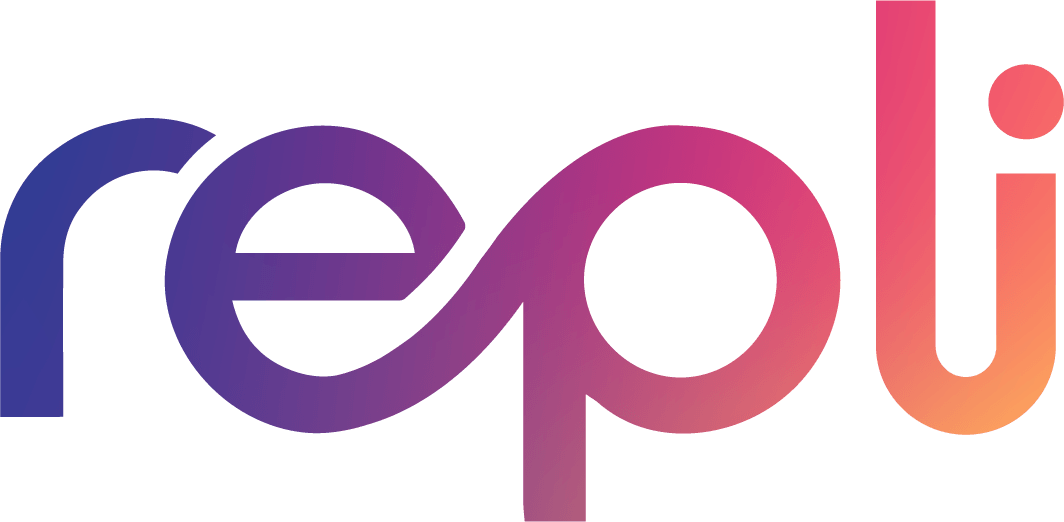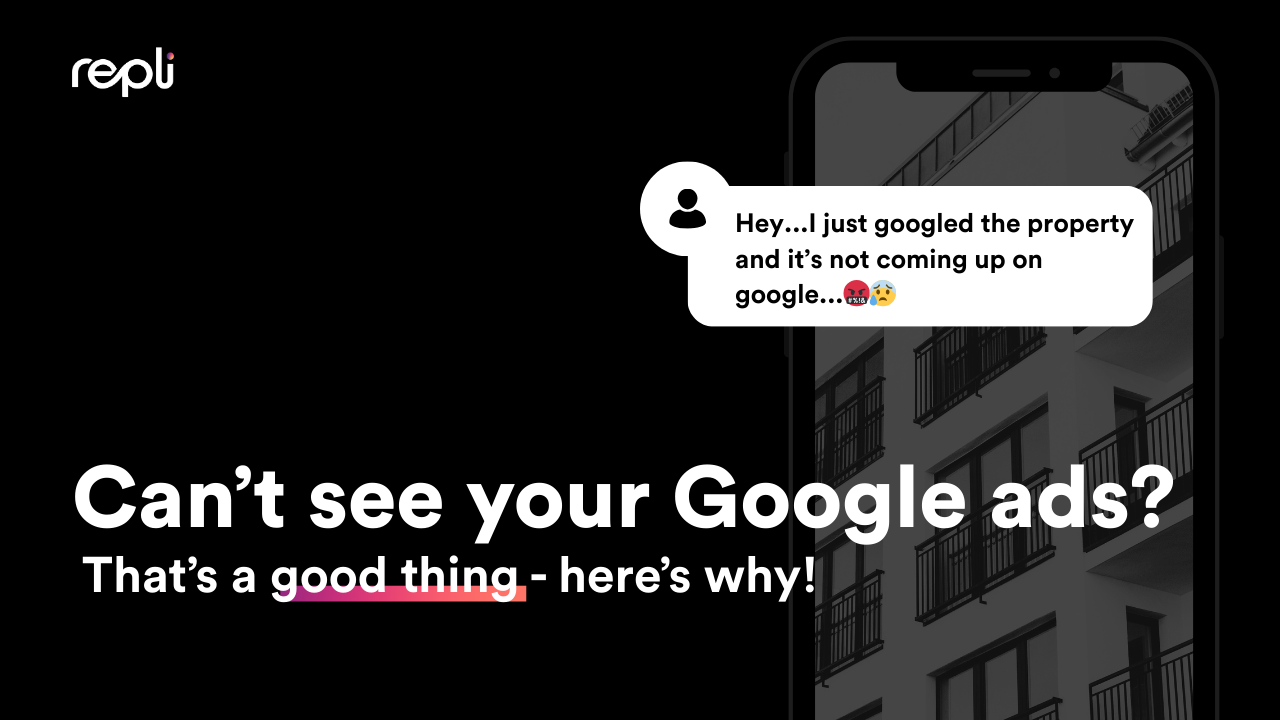2022 Local SEO Trends for Multifamily
Apartment Marketing in 2022 should be focused on local SEO. Here's everything you're going to need to know.
Search Engine Optimization has been a hot topic in the multifamily industry for years. But despite a growing understanding of the importance of SEO, many property management companies and ownership groups aren’t focused enough on local SEO.
While much of the classic SEO best practices - such as meta-data and keywords - still have their place, local SEO is frequently overlooked as a crucial part of the renter experience. Local SEO by definition is becoming the customer touchpoint that begins and ultimately defines the entire experience of your customers.
Let’s look at what local SEO trends will define your 2022 strategy and what you need to know in order to succeed.
User Experience is Everything
Back in 2020, Google announced that they are shifting including UX signals in their SEO algorithm. The first wave of this was seen through the Core Web Vitals update - and experts agree there will be many more UX-focused updates to come.
A good user experience includes fast page speeds and load times, an easy-to-navigate design, and good experiences on mobile and desktop. (Google has already announced that a shift to mobile-first ranking will be coming soon.)
So, what are some additional items that can negatively impact UX? Here’s are most commonly spotted list:
- Pop-ups - these have been against Google guidelines since 2017
- Slow page speeds - With so many third-party tools utilized on property websites, it’s hard not to have an impact on page speed. But make sure you’re not sacrificing experience for novelty features
- Images and video sizes - Apartments rely on high-quality, striking images and videos to sell their property. But you don’t actually need the largest image size available on your site. Most images should be less than 1MB.
Google Business Profile is Non-Negotiable
Previously called Google My Business (GMB), Google Business Profile is Google’s answer to improving the way search intent and the SERPs are displayed.
Google has announced that they are making major improvements to their local business listing tool over the coming months giving business owners more control of their listing directly on a search results page.
Google Business Profile is essential for capturing renters in all phases of the renter journey as fewer users rely on ILSs, websites, and social media for information.
Don’t Forget About Zero Click Results
We put all this work into our websites and third-party listings, but more and more Google searches are resulting in the user getting the information they need from the search results page. Meaning they never clicked through to your website.
In fact, a good organic click-thru rate (CTR) averages only around 3-5%, and with the rise of zero-click results, that number could decrease.
So, what does this mean for your property?
If users don’t click through to your site that doesn’t mean they aren’t a viable prospect. This could imply they are not very far along in the renter journey and are simply gathering information on the local area, comps, or initial pricing.
Focus on your local listings, particularly Google Business Profile. Ensure all NAP data is accurate, utilize the posts feature with pricing and availability on any floor plans, and prioritize your online reputation management.
Your Website Needs to Be Your Source of Truth
With fewer users clicking through to a website, it’s never been more important for your website to be the ultimate source of truth for your property. But, why?
You can safely assume anyone that visits your website is farther along in the renter journey and is looking for accurate, up-to-date information on your property. Whether they are comparison shopping your property or ready to sign a lease, this is the opportune moment to build trust with your prospects.
Video is a Golden Opportunity
When a user performs a search on Google they are met with one of 3 things:
- Organic or paid website listings
- A Google Business Profile or Google Maps listing
- YouTube videos
The lack of video content in multifamily is almost criminal. Creating video content to highlight the property, the local area, and resident reviews and lifestyles are golden chances to earn more precious retail space on SERPs.
“It’s expensive and time-consuming,” is probably the most common pushback we hear about creating video content. But it doesn’t have to be. iPhones and simply video editing apps make it possible to make highly-consumable content with little to no videoing expertise - just look at TikTok.
Online Reputation is Crucial
Everyone knows that online reviews are an essential part of any SEO strategy and can directly impact leases, but there’s been a big update. Google Business Profile is starting to pull in more third-party reviews into the listing. So be sure to respond to negative reviews on all platforms and develop strategies to get more positive reviews overall.
Schema Markup is Favored by Google
Schema has long been favored by Google and other search engines because of how easy it is to crawl your site’s most important data. We absolutely recommend incorporating the following schema markup into every website:
- LocalBusiness schema
- ApartmentComplex schema
- Review schema
These three schema markups will tell Google, in the most direct way possible, your hours, location, phone number, website address, positive reviews, logo, property images, price range, and so much more.
Want our schema top tip? Don’t just include the property address in your schema. Include the longitude and latitude of the property for the most accurate geo-tagging possible.
Redefine Your Local SEO in 2022
Going into 2022, your local SEO strategy needs to be tighter than ever. It’s never been more important to stay on top of local SEO trends as Google continues to make massive shifts in the way they approach SEO signals and rankings.
But despite any changes, the most important thing to keep in mind is the user-first experience. Prioritize showing prospects and renters what information they need to see throughout their online journey with your property.
For additional help, reach out to our team of SEO experts.
Contact us today to learn more.



